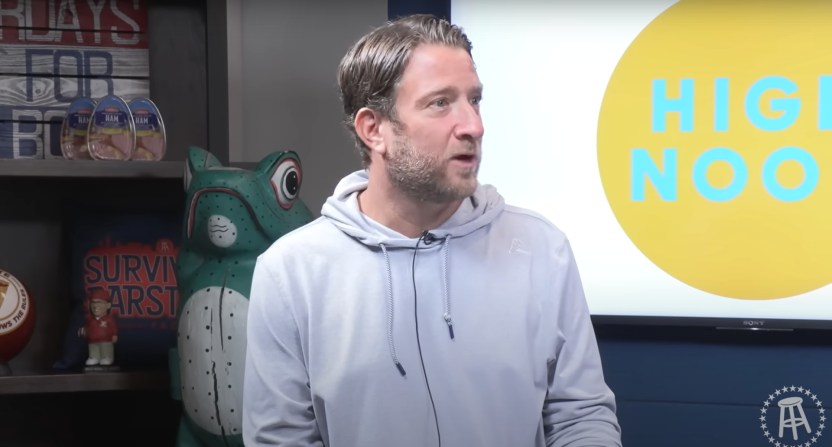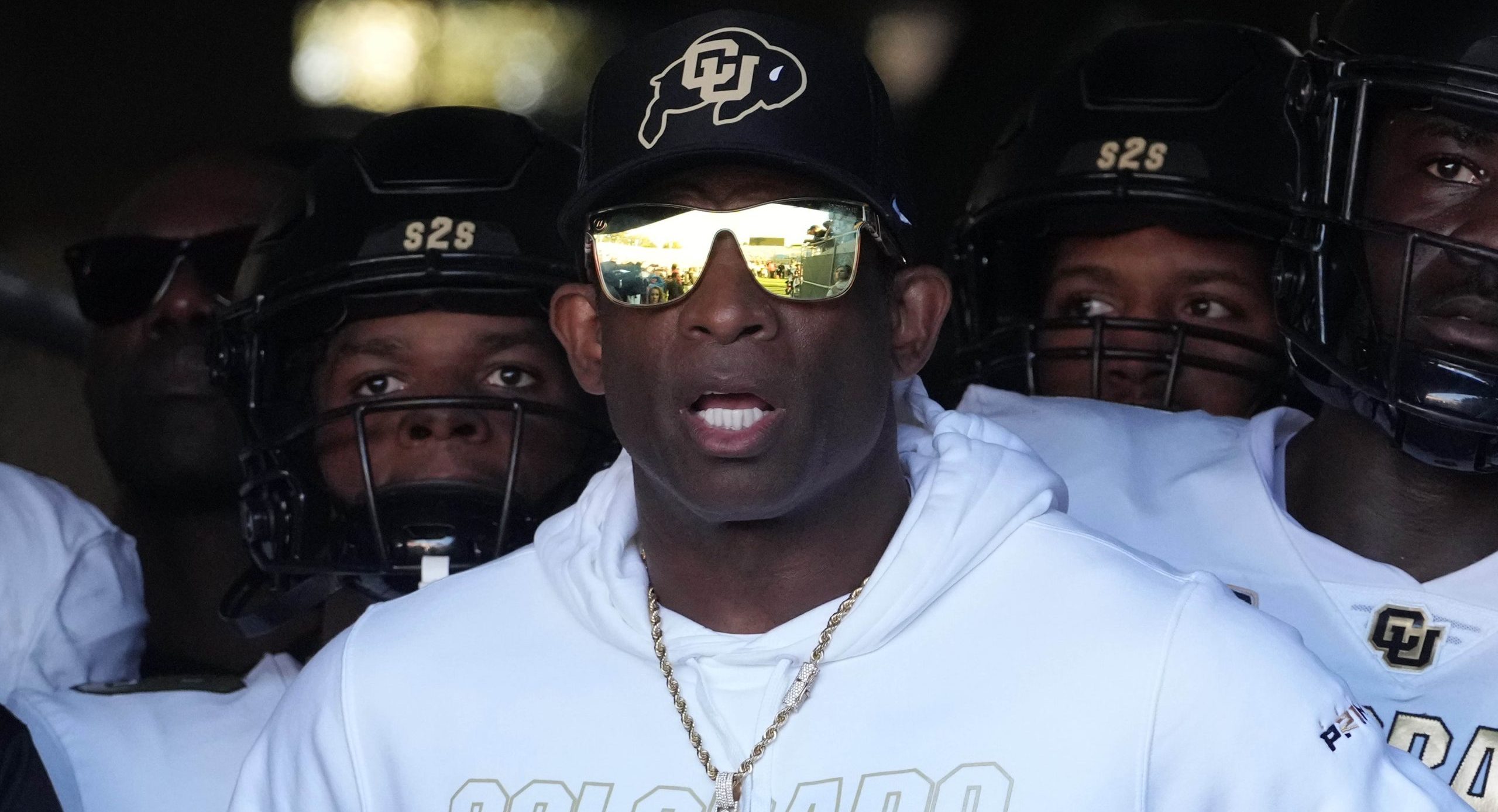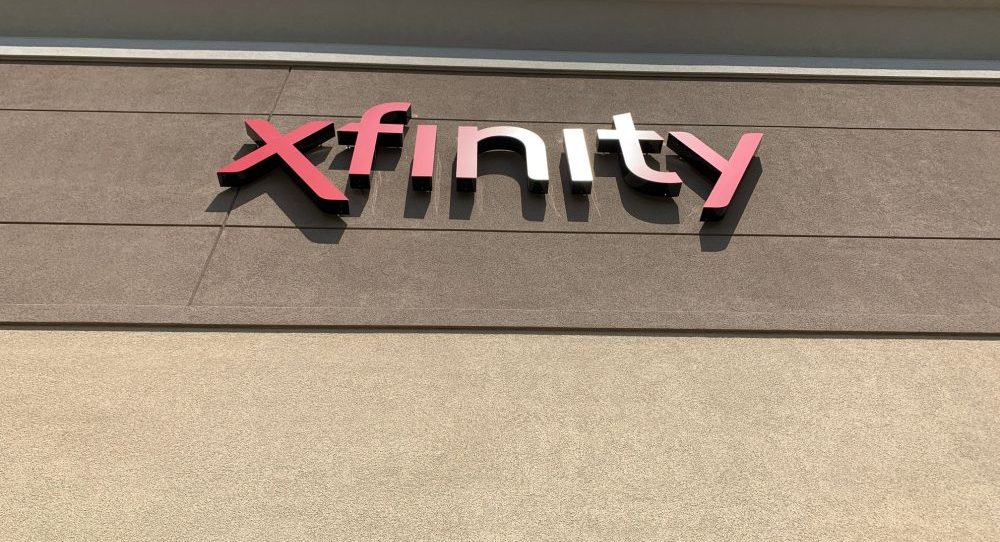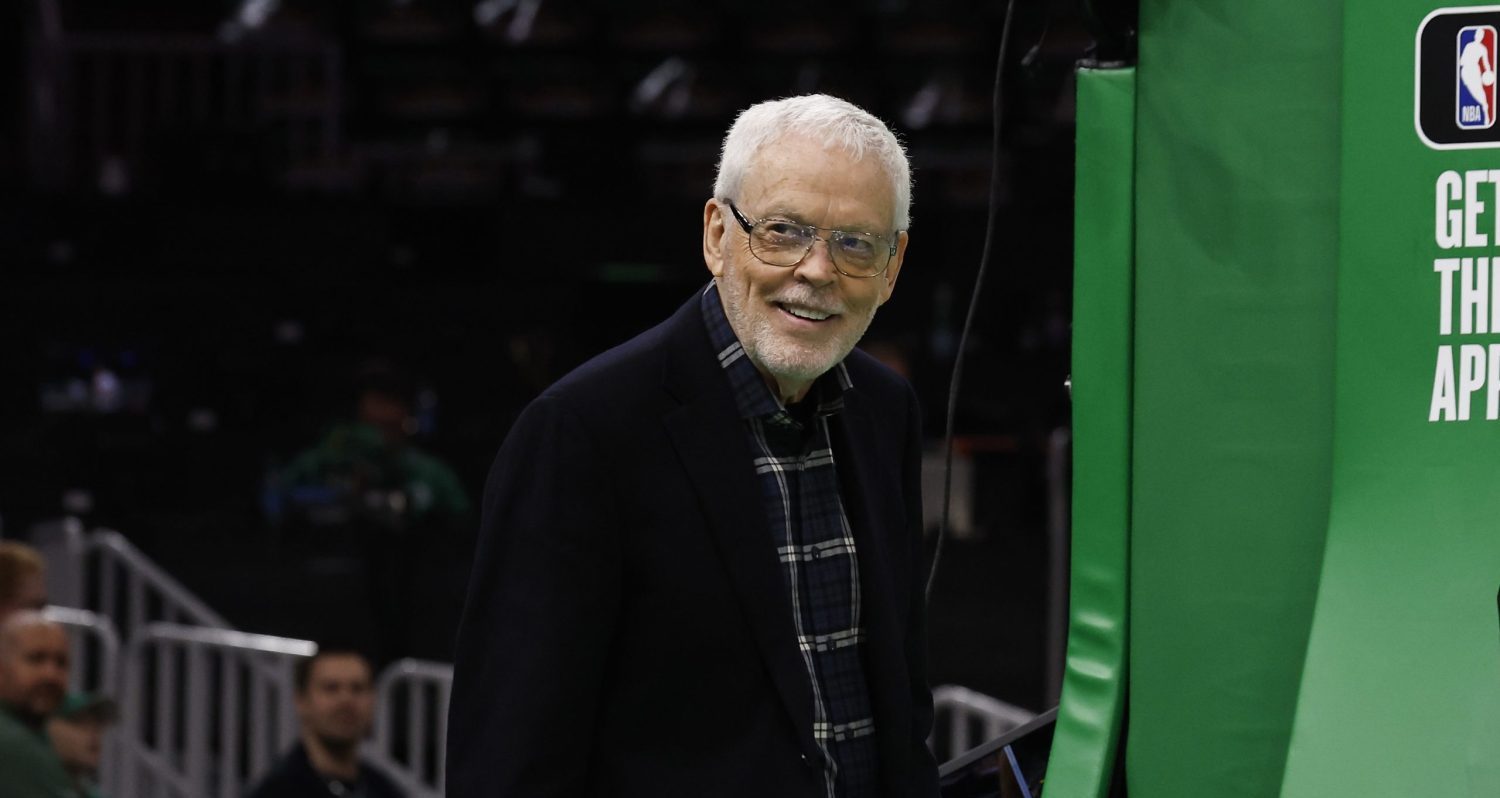Dave Portnoy has no plans to replace Erika Ayers Badan as chief executive officer of Barstool Sports, a position she held since 2016.
“I’m gonna run the show,” the Barstool founder said in late January via a direct message on X, formerly known as Twitter.
“The results speak for themselves,” said Portnoy of Ayers Badan’s impact on Barstool. “Without her, there is no way we have the success we’ve enjoyed.”
Added Ayers Badan on Fox Business: “We accomplished everything we could have ever dreamed of.” Major successes included growing company revenue 5,000% over eight years and selling outright to Penn Entertainment in Feb. 2023 for about $550 million. In 2020, the gambling and casino operator originally purchased a 36% stake in Barstool at a reported $450 million valuation.
In terms of what’s next, Ayers Badan wants to “build something else” and “do something different” outside of sports.
“I’d like to work in lifestyle,” she told host Stuart Varney on Jan 23. “I’d like to find a company that either needs a turnaround or would like to be built up.”
Following Ayers Badan’s announced exit on Jan. 16 and in the wake of Portnoy buying back the 20-year-old brand for $1 in Aug. 2023, the 46-year-old told Awful Announcing his key goals for Barstool are to “be entertaining and become profitable again.”
In the first half of 2023, Barstool experienced a net loss of $16.1 million under the Penn Entertainment umbrella, according to an Aug. 9 SEC filing. After Portnoy regained full control of Barstool in August, the company laid off a reported 25% of its staff or around 100 employees to combat “losing millions.”
When Awful Announcing asked Portnoy last month if he imagined Barstool reaching profitability by Jan. 1, 2025, he said “yes.”
New partnerships, like a reported “wide-ranging” annual eight-figure tie-up with DraftKings and the recently-announced deal with video platform Rumble, could lessen the brand’s monetary losses.
According to Sportico, in the possible “traditional marketing partnership” with DraftKings, Barstool would promote the sports betting company’s odds and refer customers to its sportsbook, though it would not license its brand name for DraftKings to use. The sports business trade publication also reported that Barstool cannot return to sports betting until the conclusion of the current NFL season. Revenue derived from casinos and sports betting operators, along with offshore sportsbooks, has been an integral source of revenue for Barstool throughout its 20-year history.
Meanwhile, in a brief conversation with Rumble CEO Chris Pavlovski, Portnoy said he and Pavlovski initiated conversations amid Barstool removing its “Surviving Barstool” reality series show off of YouTube after one employee, Kirk Minihane, threatened another Barstool staffer.
“(YouTube) said, ‘We’re either going to give you a strike or take it down,’ ” recalled Portnoy. “I’m like ‘Well, this is crazy. We’re not going to let our content be dictated by YouTube.’ A lot of platforms, to be honest, over the years have had different, I would say, issues. You play by their rules. If they don’t like it, and you don’t even know who is making the decision, there’s no appeal. It’s a strike, and you’re out.”
Portnoy added, “You can find anything for anybody (on Rumble). … I do not want to be beholden to a YouTube — it used to be Twitter more or Facebook — where whatever view of the world they have or whatever they’re feeling in that moment, you have to play by their rules.”
Toward the end of the discussion, Pavlovski said what’s unique about the Barstool deal is “leaning in on the equity side.”
Portnoy agreed, stating, “I’m not a mathematician. I think it was 75%, 80% equity, somewhere in that neighborhood. I’d always rather kind of do that if I believe in who we’re partnering with. … We’re in it for the long haul.”
Mark J. Burns has been writing about sports business and media for about a decade. He most recently worked at Morning Consult as a sports analyst and Sports Business Journal where he covered the business of hockey and soccer.







